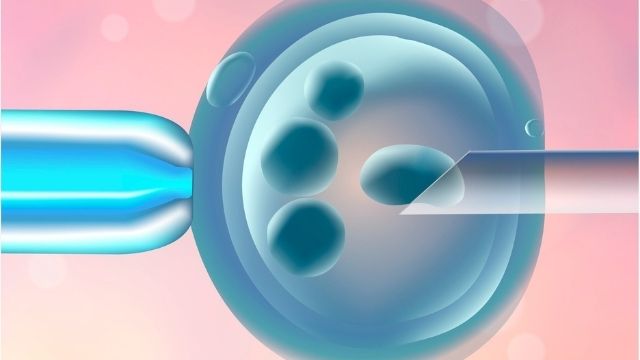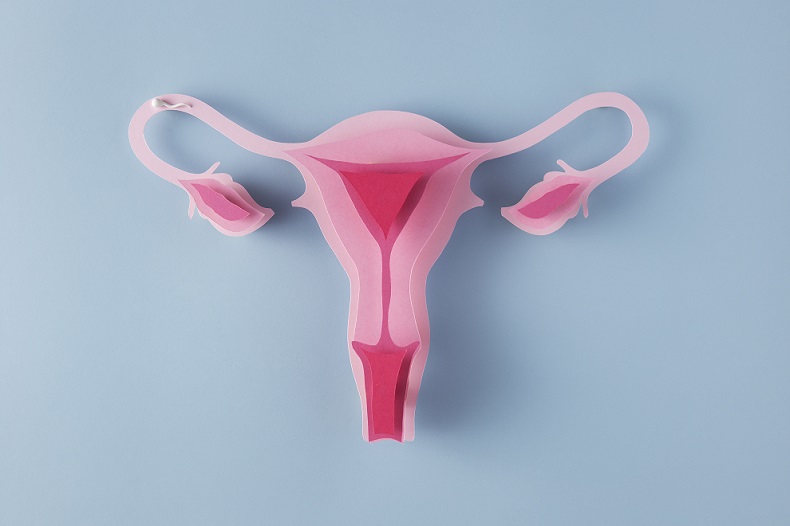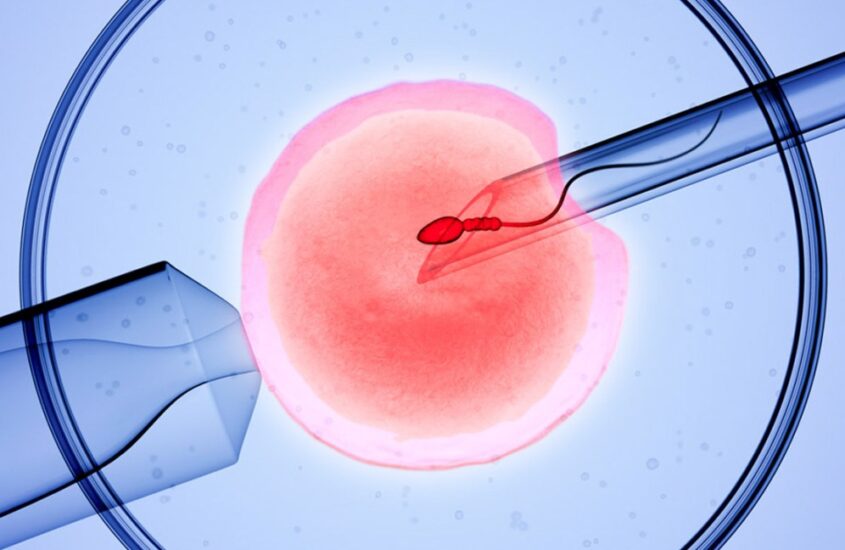There are many things that IVF can do to help people who are unable to have children. Other fertility treatments are cheaper and less risky than IVF, so many couples try them out first before going through with IVF. Fertility drugs or intrauterine insemination maybe some of the things you do to get pregnant. During that procedure, a doctor puts sperm into a woman’s uterus.
In-Vitro Fertilization
In vitro fertilization, also known as IVF, is a type of assisted reproductive technology (ART). It consists of the removal of eggs from a woman’s ovaries and the fertilization of those eggs with sperm. A fertilized egg produces an embryo, which is the result of this fertilization. After that, the embryo might be frozen or transferred to a woman’s uterus for storage.
Depending on your circumstances, IVF can use:
- Your eggs and your partner’s sperm
- Donor eggs and your partner’s sperm
- Your eggs and donor sperm
- Donated embryos
- Donor eggs and donor sperm
In addition, your doctor can put embryos in a surrogate, or gestational carrier, who will carry them for you.
Women will have their ovarian reserve tested before beginning IVF treatment. To figure out the level of follicle-stimulating hormone (FSH), a blood sample must be taken. Your doctor will be able to determine the size and quality of your eggs based on the results of this test.
Your uterus will be examined as well. An ultrasound, which uses high-frequency sound waves to create an image of your uterus, may be necessary. A scope may also be inserted through your vaginal canal and into your uterus by your doctor. These tests can reveal the condition of your uterus and assist your doctor in determining the best method for implanting the embryos.
IVF Treatment Centre: How to select the best one?
It used to be that the term “IVF” (in vitro fertilisation) referred to a “mysterious procedure,” and the only thing most people knew about it was that it was a treatment for infertility that resulted in the creation of “test-tube babies.” Over the last few decades, this has begun to change. Most people couldn’t understand that what was going on. They even wondered how much a “test-tube baby” would cost them.
Success rates of IVF center
Most IVF clinics put their success rates on their websites, but some don’t. To find out about a clinic’s success rates, you should ask for a report. You should also compare the clinic’s statistics to the one from the CDC. They might show only a small part of their statistics. When choosing a clinic, look for one with a success rate that is at least above the national average. Following are the factors on which the success rate of IVF depends:
- Competence of treating doctors, embryologists, and support staff at IVF clinic or IVF hospital.
- Age of the woman whose eggs will be used for IVF.
- quality of eggs.
- Sperm quality (including motility and morphology)
- Genetic causes
- IVF lab infrastructure and the lab environment
- Causes of infertility
- Uterine lining thickness and many more
The best IVF centers in India have the best technology, the most skilled doctors, and the best infrastructure. They also offer personalized care. So, the chances of success in India are going to be very high, too.
Duration of IVF process
A single round of IVF takes about four weeks, which is the same duration as a woman’s typical ovulation cycle. After the initial fertility diagnostic, the procedure begins. The ovarian reserve or egg quality, semen analysis, and uterine cavity inspection are all part of the fertility diagnosis process.
You should keep in mind that fertility treatments can be very emotional and stressful. So, choose a medical provider who supports you and makes you feel comfortable and safe.





